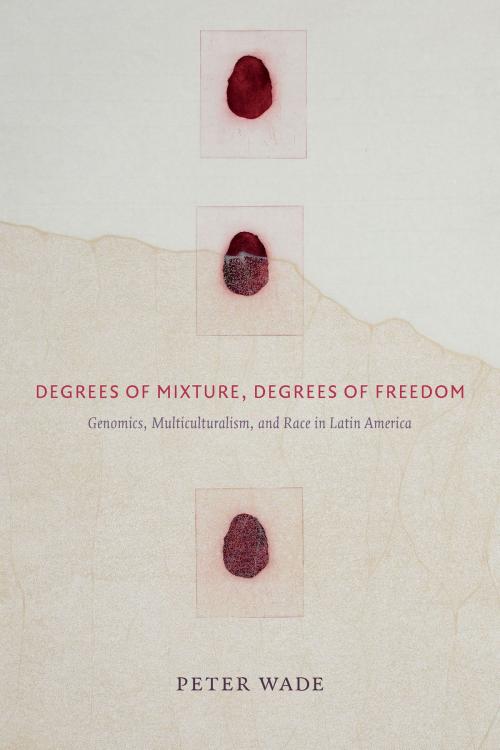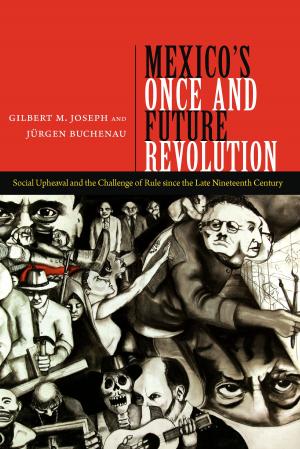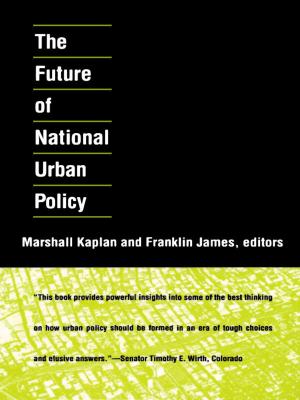Degrees of Mixture, Degrees of Freedom
Genomics, Multiculturalism, and Race in Latin America
Nonfiction, History, Americas, Latin America, Social & Cultural Studies, Social Science, Anthropology| Author: | Peter Wade | ISBN: | 9780822373070 |
| Publisher: | Duke University Press | Publication: | May 4, 2017 |
| Imprint: | Duke University Press Books | Language: | English |
| Author: | Peter Wade |
| ISBN: | 9780822373070 |
| Publisher: | Duke University Press |
| Publication: | May 4, 2017 |
| Imprint: | Duke University Press Books |
| Language: | English |
Race mixture, or mestizaje, has played a critical role in the history, culture, and politics of Latin America. In Degrees of Mixture, Degrees of Freedom, Peter Wade draws on a multidisciplinary research study in Mexico, Brazil, and Colombia. He shows how Latin American elites and outside observers have emphasized mixture's democratizing potential, depicting it as a useful resource for addressing problems of racism (claiming that race mixture undoes racial difference and hierarchy), while Latin American scientists participate in this narrative with claims that genetic studies of mestizos can help isolate genetic contributors to diabetes and obesity and improve health for all. Wade argues that, in the process, genomics produces biologized versions of racialized difference within the nation and the region, but a comparative approach nuances the simple idea that highly racialized societies give rise to highly racialized genomics. Wade examines the tensions between mixture and purity, and between equality and hierarchy in liberal political orders, exploring how ideas and scientific data about genetic mixture are produced and circulate through complex networks.
Race mixture, or mestizaje, has played a critical role in the history, culture, and politics of Latin America. In Degrees of Mixture, Degrees of Freedom, Peter Wade draws on a multidisciplinary research study in Mexico, Brazil, and Colombia. He shows how Latin American elites and outside observers have emphasized mixture's democratizing potential, depicting it as a useful resource for addressing problems of racism (claiming that race mixture undoes racial difference and hierarchy), while Latin American scientists participate in this narrative with claims that genetic studies of mestizos can help isolate genetic contributors to diabetes and obesity and improve health for all. Wade argues that, in the process, genomics produces biologized versions of racialized difference within the nation and the region, but a comparative approach nuances the simple idea that highly racialized societies give rise to highly racialized genomics. Wade examines the tensions between mixture and purity, and between equality and hierarchy in liberal political orders, exploring how ideas and scientific data about genetic mixture are produced and circulate through complex networks.















